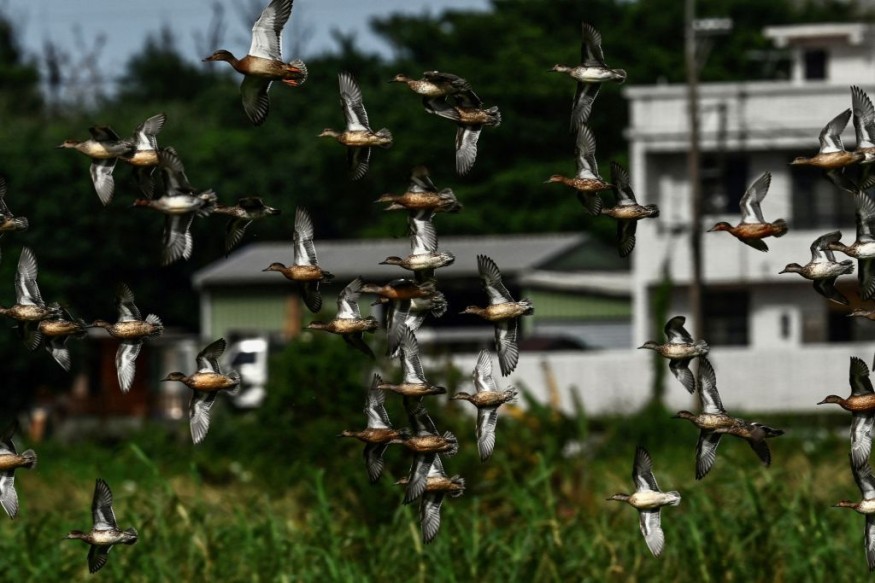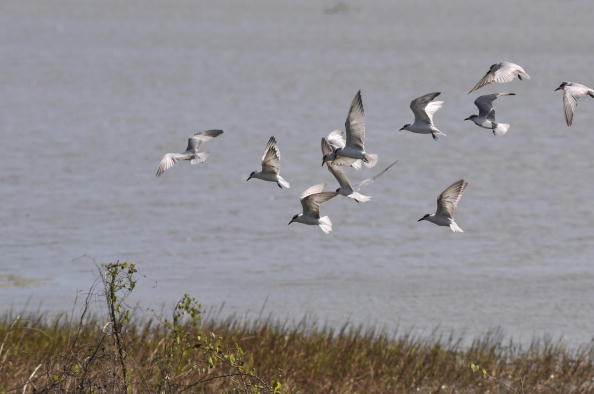After the government amended guidelines on its general licenses, some wild birds can now be killed to safeguard game birds bred for shooting in England.

Hunting Legislations
To protect cattle, promote conservation, and preserve health and public safety, general shooting licenses grant broad authorization to shoot certain species of wild birds.
According to government officials, the new licenses are for two years rather than one, which provides shooters with "stability and confidence."
When doing licensed acts, general licenses are permissive licenses, meaning users do not need to apply for them but must follow their terms and restrictions.
Pheasants, partridges, and grouse have been debated as livestock because they are wild birds, and predators can be slain to protect them.
Defra has established a new definition of "livestock," which includes these species, to offer express authorization to shoot carrion crows, jackdaws, magpies, and rooks, according to the Department for Environment, Food and Rural Affairs.
"'Livestock' is defined in section 27(1) of the [Wildlife and Countryside] Act of 1981," it says. This statement also includes game birds housed in an enclosure or free-roaming but heavily reliant on a keeper's provision of food, drink, or shelter for their survival for this license. Supplementary nutrition is not included."
Protecting Gamebirds

According to a Defra spokesperson, the adjustment was made when game birds requested more clarity on whether game birds counted as livestock.
To safeguard wild game birds that are not dependent on food or shelter from humans, the new text clarifies that wild predatory birds cannot be shot under this license but that they can be shot under the permit if they are.
"The new general licenses have been modified to specify when they apply and when a game bird ceases to be livestock and becomes a wild bird," the official stated. None of the adjustments affects the activities that license holders are permitted to engage in.
"We will continue to collaborate with stakeholders to ensure that our licensing procedure is robust for wildlife and user-friendly in the future."
Conservation Concerns
Several conservation groups have expressed concern that the upgrade may lead to an increase in the slaughter of wild birds in the future.
"If this update to the general livestock license goes beyond a reclassification of terminology and implies that it will lead to an increase in the killing of wild birds to protect game bird interests, then given the nature and climate emergency we find ourselves in, this would be a massive backward step for nature conservation in this country," said Kate Jennings, the RSPB's head of site conservation policy.
Wildlife organizations, including BBC broadcaster Chris Packham's Wild Justice, have contested the general licenses. His group has fought the legislation and succeeded in having it suspended in 2019. Since then, Wild Justice has been able to obtain adjustments such as removing all gull species and the restriction on where they can be deployed, which now excludes sites of great scientific significance and other natural reserves.
Also Read : A Third of Wisconsin's Wild Wolves Killed in 60 Hours After Being Removed From Endangered List
For the most recent news about animal conservation, don't forget to follow Nature World News!
© 2025 NatureWorldNews.com All rights reserved. Do not reproduce without permission.





